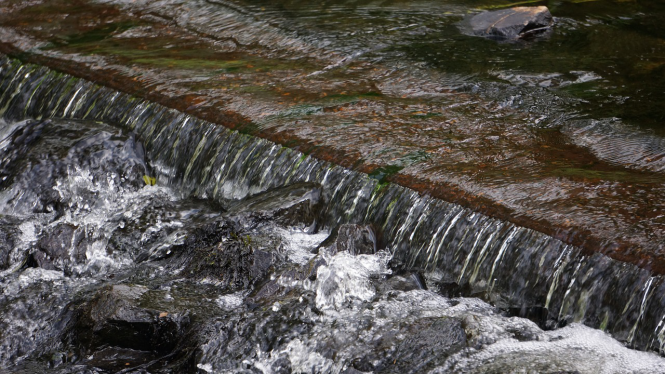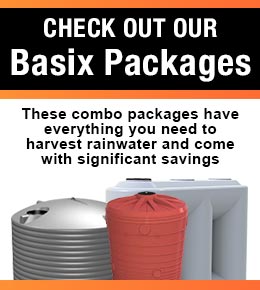
Either you’re living on the outskirts of town or within the city, there’s no escaping nature’s many form of precipitation—which commonly are rainfalls and snowfalls—and mostly the residue would just be absorbed into the soil when it reaches the ground, now the problem comes when most of the water won’t be absorbed into anything it falls on, thus creating a surface runoff that could probably be a very serious problem if not tended right away. There are many things you could do to prevent having too much surface runoff in your area. Rainwater harvesting would be highly recommended by many if you have an impervious built surrounding your area to reduce accidents caused by too much surface runoffs– that and the rest of things here on our list down below would guarantee reduce the chances of surface runoff problems at your home.
- Rainwater harvesting system.
As already mentioned above, rainwater harvesting is an efficient way to reduce surface runoff, for it helps you collect rain from all of it. One process in the system would be to catch precipitation straight from the source above, and having all those water collate in the catchment area would be a huge benefit for the harvest. The more water collected would mean the better.
Rainwater would be beneficial to whoever gets to harvest it because it can be potable, and be used all around the household chores, it can also let you save a lot of money by cutting down your monthly water bill into half.
- Reducing impervious built surfaces around the area.
When you have too much surfaces that wouldn’t absorb water then it would really create loads of surface runoffs in your area. You can reduce the impervious surfaces and replace them with something that would absorb much water once it hits the ground. Concrete or asphalt would be a much greater choice when you don’t want to destroy your landscape around your property.
You can also play around the design of your driveways or pavements—like putting pavement strips on where the tires would be on your driveway and just planting some grass in between the two strips.
- Pattern your pavements with gravels and vegetation
Make a pattern out of your outdoor pavements and put some gravels between them or a bit of vegetation. Putting a gap on your pavements for your gravel to be placed would slow down the flow of the runoffs. You can also put native plants beside your walkways, because lawns alone won’t absorb enough runoffs.
- Work around your area most especially the soil
Other than putting plain lawn areas, add some plants and make sure you mind the soil of where your plants are planted. It is essential to your plants and to your area as well that you add compost and other organic matters to your soil— making your plants healthier and stronger. It could also help on reducing the chances of runoff.
If you have an empty soil, put something into it, leaving it exposed and bare can make it an impervious material. Cover it with gravel, or put some vegetation on it. These things can help slow down or even prevent from surface runoff to become a nuisance in your area.
Also by reducing the soil’s slope of your yard can make it easier for the ground to absorb much water and it could slow down the runoffs flow, and by this you can prevent great flooding in your area.
- Take care of your trees
If you have existing trees around your area, take good care of them for they also play an important role in reducing the chance of surface runoff. If you don’t have though, you could plant one in an empty lot in your area.
Be smart about choosing the right tree for your place, make sure you plant those that are well suited around your lot and could take in a lot of water.
These are the best ways to make sure you would reduce the amount of runoff in your area and prevent flooding in your basement. Always think of a way out of these things and turn it around in a way that it could benefit you in the process. Collecting rainwater and other runoff would be the best choice for you could use the said water for your own needs. Whatever suits you, of course, just as long as you keep your place safe.



Leave A Comment